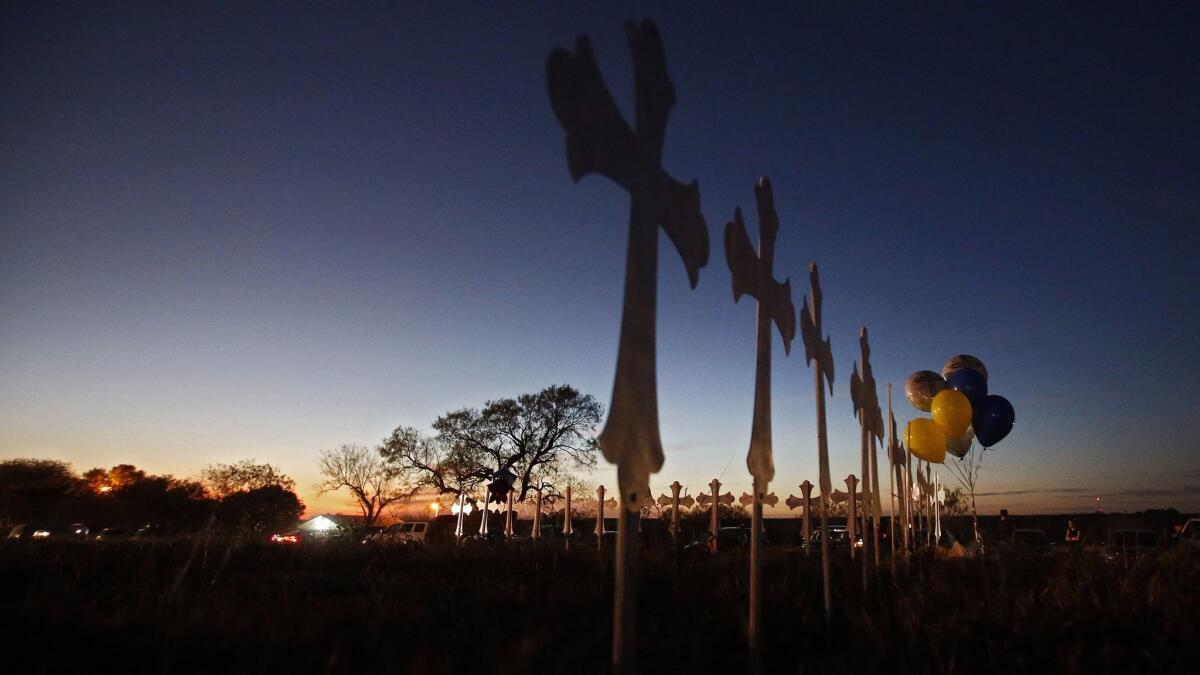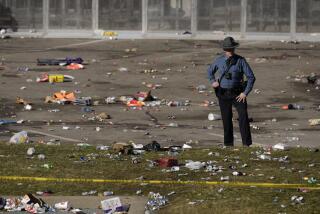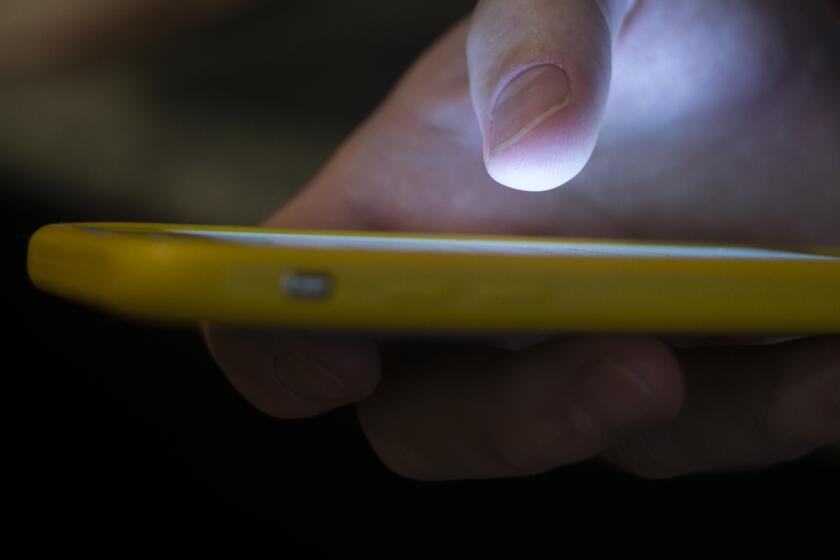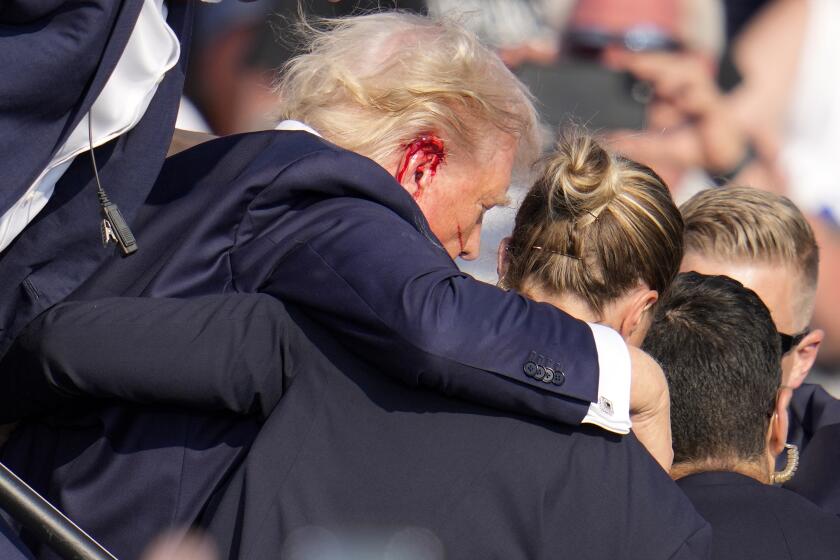Op-Ed: Mass shootings, irrationality, and why you shouldn’t bring a gun to church

Every disaster brings out human irrationality. When there’s a plane crash, we fear flying; when a rare disease emerges, we fear we will be infected. And when there’s a mass shooting in a church, we think we should bring more guns into churches. Or at least some people think so. This is a completely irrational response to the tragedy in Texas this week, but it’s being pushed by people for whom “more guns” is always the right answer to gun violence.
Sometimes, “more guns” is in fact the right answer. I am a conservative and a defender of the 2nd Amendment right to own weapons, and there are no doubt cases in which citizens who live and work in dangerous areas can make themselves safer through responsible gun ownership.
Packing in church, however, is not one of those cases. Despite wall-to-wall media coverage, mass shooting incidents are extremely rare: You are highly unlikely to die in one. Besides, civilians who think they’re going to be saviors at the next church shooting are more likely to get in the way of trained law enforcement personnel than they are to be of any help as a backup posse.
The “guns everywhere” reaction exposes two of the most pernicious maladies in modern America that undermine the making of sensible laws and policies: narcissism, and a general incompetence in assessing risk.
You have the right to carry a gun. But should you?
The heroic impulse runs strong in American culture. When exercised in tandem with prudence and a sense of justice, this instinct has been a pillar of our frontier spirit of self-reliance, and the source of bravery and sacrifice in our democratic military institutions. That impulse, however, has now rotted into a paranoid, grandiose belief that every citizen is a hero in waiting. We absorb this message in our popular culture, and we reinforce it by assuring each other on social media that any of us can be the hard-eyed gunslinger in our own personal action movie.
This kind of narcissistic fantasy has no remedy. The people who think they’re going to shoot it out with mass killers — who seem, even, to relish the idea — are impenetrable by reason.
But even most well-intentioned people have no real sense of risk. They are plagued by the problem of “innumeracy,” as the mathematician John Allen Paulos memorably called it, which causes them to ignore or misunderstand statistical probabilities. They fear things like nuclear meltdowns and terrorist attacks and yet have no compunctions about texting while driving, engaging in risky sex, or, for that matter, jumping into swimming pools (which have killed a lot more people than terrorists).
Part of the underlying issue is the sense of control. We fear flying because we are not the pilot. Our survival is in the hands of strangers. The same goes for crime, which is why gun advocates often argue that “when seconds matter, the police are minutes away.” A gun grants autonomy, and no amount of statistical analysis can replace the sense of control that being armed provides to at least some gun owners.
I am sympathetic to this argument. My late father was a retired police officer who, at 88 years old, cornered a home intruder with his service revolver. It’s a perfect story of how gun ownership saves lives when the cops can’t be there right away. Except that it all almost went horribly wrong: When the man tried to bolt, he startled my father, who immediately shot at him. He later confided to me that he thanked God he missed. I, too, am glad my father missed — as were the police officers who arrived moments later and arrested the intruder.
Every action we take to protect ourselves involves some assessment of risk, and the uncomfortable truth is that there is very little people can do to prevent an attack from a lunatic or a terrorist. The good news is that most people — in fact, nearly everyone reading this right now — will never have to deal with those problems.
The desire to bring guns to churches is not about rights, but about risk. You have the right to carry a gun. But should you? If the main reason you’re holstering up in the morning is because it’s a family tradition where you live, or because you have a particular need to do so, or merely because you feel better with a gun, that is your right. But if you are doing so because you think you’re in danger from the next mass shooting, then you should ask yourself whether you’re nearly as capable, trained and judicious as you think you are — and why you are spending your days, including your day of worship — obsessing over one of the least likely things that could happen to you.
Tom Nichols is a professor at the Naval War College and the Harvard Extension School, and the author of “The Death of Expertise.”
Follow the Opinion section on Twitter @latimesopinion or Facebook
More to Read
A cure for the common opinion
Get thought-provoking perspectives with our weekly newsletter.
You may occasionally receive promotional content from the Los Angeles Times.






